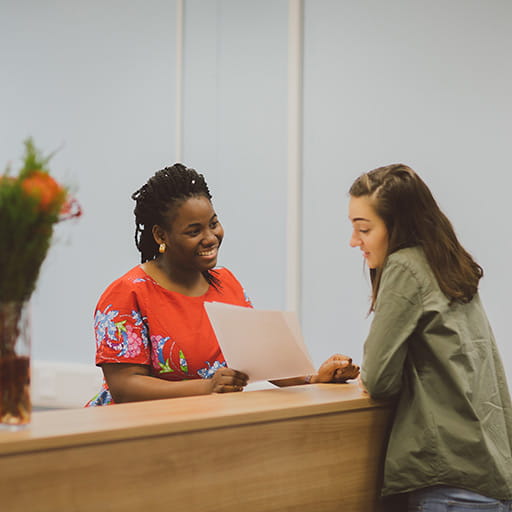You should bring an easily accessible source of money for your day-to-day living expenses whilst your account is being opened. A sum of £400 should be enough for the first couple of weeks.
Please do not bring sizeable amounts of cash as you won’t have anywhere to safely secure it until you can open a bank account. Please note that some banks will not accept €500 notes. If you bring a large amount of cash into the UK you may need to declare it at the border, see the UK Government website for more information.
If you plan on using your current debit or credit card once you arrive in the UK it is important to to notify your bank before your travel that that you will be using your card to make payments abroad. This reduces the likelihood of your bank card being blocked which could delay your registration process.
If you are paying your own tuition fees, you should also ensure that you have sufficient funds to pay your first term's fees. Please note that you will not be able to pay your tuition or accommodation fees by cash. In addition, contactless payment methods are accepted across the whole campus and contactless is our preferred payment method.




